News
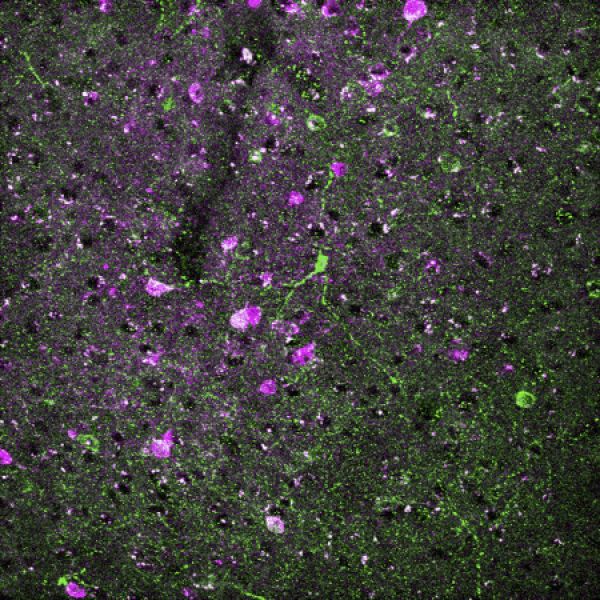
Dec 16, 2020
Some neurons target tiny cerebral blood vessel dilation
Neurons control blood flow in tiny vessels in the brain, but researchers know little about this relationship. Now a team of Penn State engineers has found a connection between nitric oxide expressing neurons and changes in arterial diameters in mice, which may shed light on brain function and aging.
Full Article
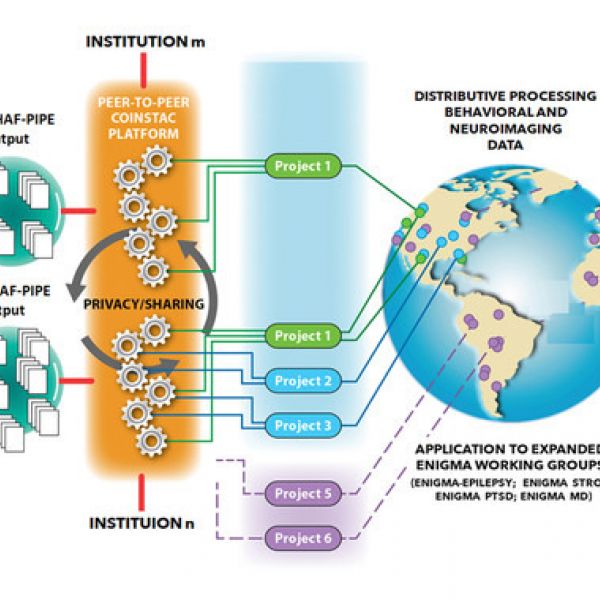
Dec 10, 2020
Psychology professor receives grant to 'harmonize' brain injury data
A provisional grant from the National Institute of Neurological Disorders and Stroke (NINDS), part of the National Institutes of Health, will help Penn State professor of psychology, Frank Hillary, and 37 co-investigators from all over the world promote brain injury data sharing worldwide in the hopes of advancing science and improving patient outcomes.
Full Article
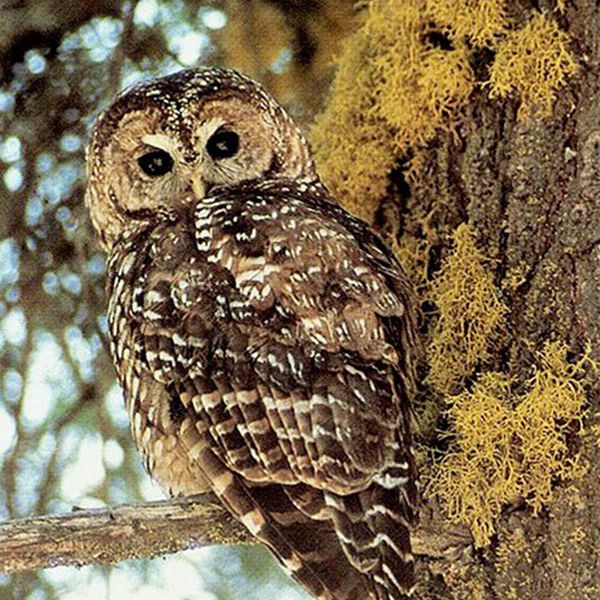
Dec 10, 2020
Could spotted owls benefit from forest fires?
It may seem counterintuitive, but forest fires are actually beneficial to spotted owls, according to Penn State biologist Derek Lee.
Full Article

Dec 10, 2020
College of Medicine receives $2.7 million to address COVID-19 health disparities
Dr. Jennifer Kraschnewski, professor at Penn State College of Medicine, received the funding to establish projects aimed at addressing COVID-19 health disparities among nursing home residents and racial and ethnic minorities.
Full Article
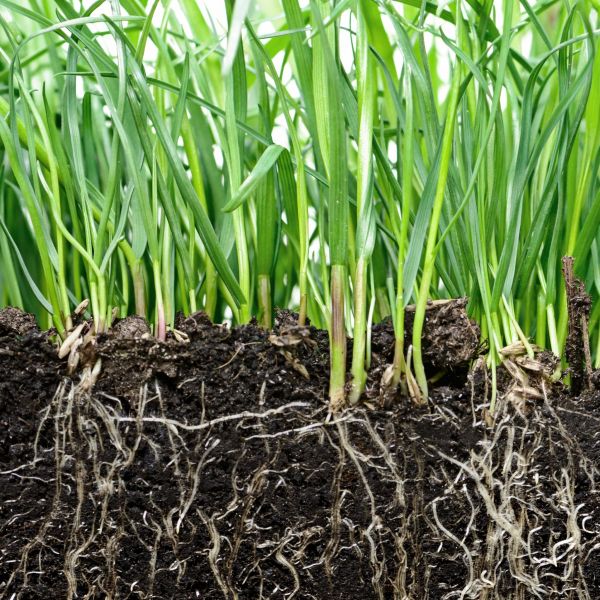
Dec 01, 2020
Student Poster Session Highlights Biorenewable Research on Campus
A student poster session highlighted a recent workshop hosted by the Center for Biorenewables
Full Article
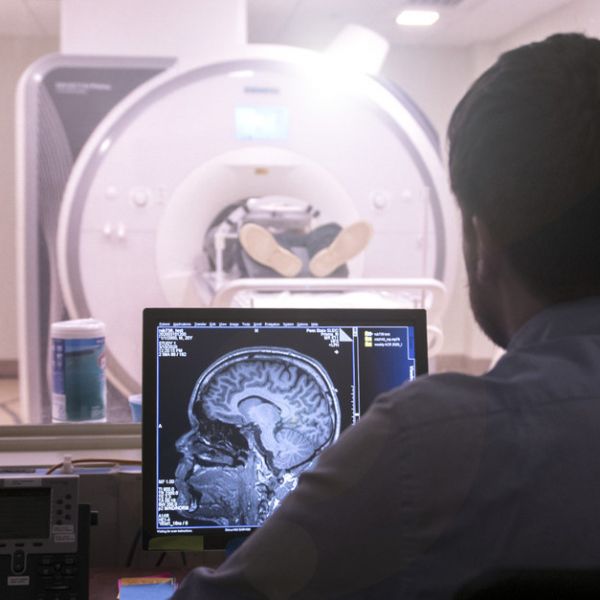
Dec 01, 2020
Making Connections: Psychologist explores the neuroscience of creativity
Is there anything more mysterious — or human — than the creative impulse? Whatever the field of endeavor: music, art, science, business… What accounts for the inspired burst of innovation? The spark that flits to flame and lights the way to something entirely new?
Full Article
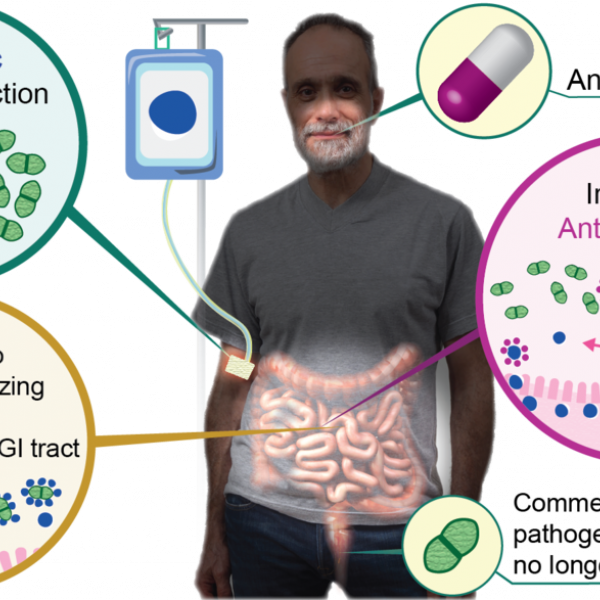
Dec 01, 2020
'Anti-antibiotic' allows for use of antibiotics without driving resistance
An inexpensive, FDA-approved drug — cholestyramine — taken in conjunction with an antibiotic prevents the antibiotic from driving antimicrobial resistance, according to new research by scientists at Penn State and the University of Michigan. The team’s findings appear today (Dec. 1) in the journal eLife.
Full Article

Nov 30, 2020
Warbler coloration shaped by evolution via distinct paths
Two genes that are important for the diverse colors and patterns of warbler plumage have evolved through two very different processes, according to a new study led by Penn State researchers. These evolutionary processes could help explain the rapid evolution of these songbirds into so many unique species.
Full Article

Nov 30, 2020
Biomedical engineers find active particles swim against the current
Researchers are beginning to understand the behavior of so-called “active” particles, which, if it can be controlled, has potential implications for engineered drug delivery systems and smart 3D printing, according to an interdisciplinary Penn State research team.
Full Article
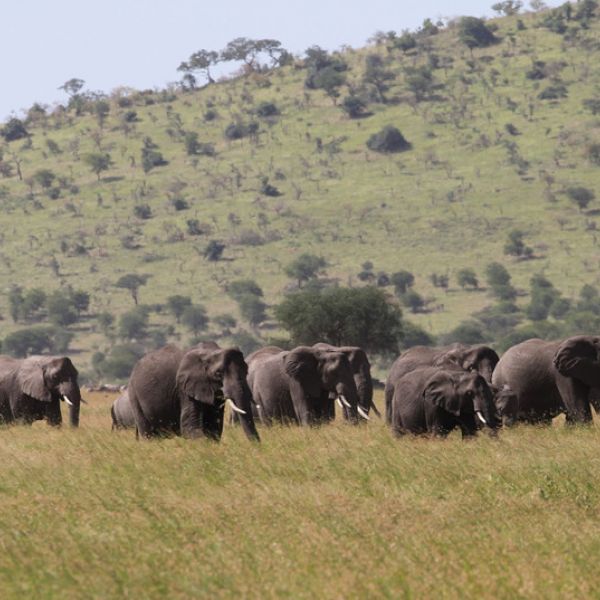
Nov 19, 2020
Elephant genetics guide conservation
New study recommends preserving wildlife corridors between protected areas to maintain genetic connections between African elephant populations
Full Article